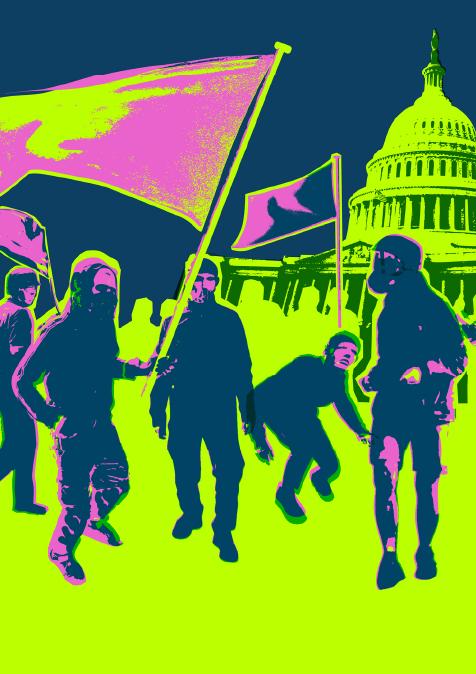Les Mardis du PCNS 23/06/2020 : نقاش عبر الويب: آثار أزمة كورونا على مقاربة النوع
بعد تفشي فيروس كورونا المستجد في جل مناطق العالم، اختلفت طرق التصدي له من دولة إلى أخرى. حيث اعتمدت الدول قرارات متفاوتة من حيث الصرامة في ظل الحد من تفشي هذا الوباء. وفي نفس الصدد، اتُخذت عدة قرارات لدعم المواطنين لكي يتاح لهم المرور من هذه الأزمة بأقل الأضرار الممكنة في مختلف القطاعات والمجالات من أجل تحقيق نقلة نوعية تتسم بالصمود والإنصاف والعدالة الاجتماعية. استدعى تفشي الوباء وما صاحبه من إعلان لفترة الطوارئ الصحية، وجود تأثيرات متفاوتة ومختلفة على فئات اجتماعية معينة لاسيما فئة النساء اللواتي تضاعفت أعبائهن الاقتصادية والصحية والمجتمعية، لتقيس سلامتهن الجسدية والنفسية، وتؤدي إلى تراجع في مستوى إعمال مقاربة النوع الاجتماعي، التي بذلت الدولة والمجتمع جهودا للنهوض بها، عبر برامج وتدابير تحد من التمييز بين الجنسين، وتفتح أمام النساء أبواب المشاركة والوصول إلى الموارد والفرص .غير أن هذا الوضع الأزماتي الحالي يشير إلى غياب إدماج هذه التدابير في الإجراء ات التي تخص تدبير الجائحة وقد يرجع هذا إلى عدم اعتماد نهج تقاطعي بين المجالات والقطاعات التي تنشط فيها المرأة مبني على مقاربة النوع من أجل اجتناب التداعيات المختلفة الجوانب لفترة الطوارئ الصحية على فئة النساء تحديدا. فهل الوضع الوبائي الحالي فاقم أو زاد من حدة الإشكالات المرتبطة بوضعية المرأة المغربية؟ كيف أخذت المساطر المتبعة لتوفير الدعم الخاص بمكافحة الوباء بعين الاعتبار مقاربة النوع الاجتماعي والمناصفة؟ هل تغير تصور المجتمع لمكانة دور المرأة المغربية خلال هذه الجائحة؟ ما هي سبل ومستلزمات تفعيل أدوار مختلف الفاعلين في الانخراط في تكريس ثقافة المساواة واستحضار مقاربة النوع الاجتماعي وما هي الدروس المستخلصة من الجائحة؟ المسيرة: إيمان لهريش، مسؤولة عن البرامج بمركز السياسات من أجل الجنوب الجديد المتدخلون: نزهة الشقروني، باحثة بارزة بمركز السياسات من أجل الجنوب الجديد السعدية وضاح، محامية وعضو بالمجلس الوطني لحقوق الإنسان خالد الشڭراوي، باحث بارز بمركز السياسات من أجل الجنوب الجديد









